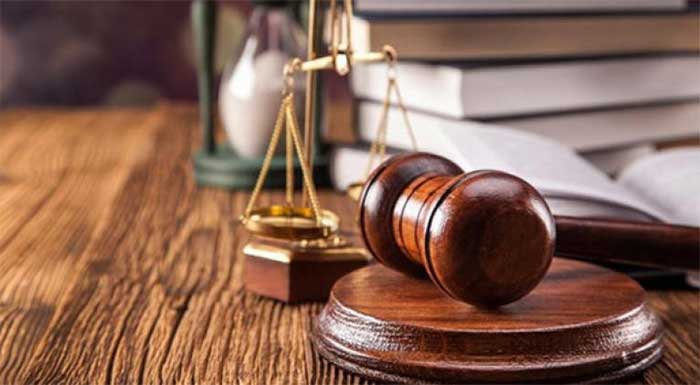In a Cuban television news report, the president of the People’s Provincial Court of Havana, Yojanier Sierra, dismissed the claim of peaceful marches to describe the acts of vandalism of that day.
“In a place with a violent crowd, where police cars were overturned, where Molotov cocktails were thrown and where the population could not leave the house out of fear, where public services were stopped due to the disturbances, who dares to say that those were peaceful marches?”, asked the official.
Sierra emphasized that only those who participated in violent acts were prosecuted and not those who participated in street protests where no serious events occurred.
The expert recalled that prosecuting anyone under 16 is not permitted in Cuba.
The Penal Code in force establishes that “criminal responsibility is enforceable on the natural person from the age of 16 at the time of committing the punishable act.”
“Another different thing is that judicial processes have been presented to young people between 16 and 20 years of age. Our norm establishes that with this age range, one can benefit them at the time of sentencing, but that is optional for the judges, who take into account their conduct, their direct participation, and their social behavior”, explained Sierra.
The authorities of the judicial system pointed out that among the most recurrent crimes on July 11 were contempt, assault, damage, public disorder, and resistance.
The criminal investigation led to the opening of files, a process that the Attorney General’s Office (FGR) controlled from the beginning to provide and gather all the necessary evidence before presentation to the court, stressed Beatriz de la Peña, Chief Prosecutor of the Department of Criminal Proceedings.
In this sense, the FGR selected the people who committed the most serious acts and took into account those over 18 years old who were studying, to whom it offered special attention, he commented.
“There were even people who were shown to have been involved in some acts, but were not brought before the courts because their participation did not show aggressiveness,” the specialist emphasized.
Cuban authorities stressed that all the accused attended the trial with legal representation, hired by them or ex officio.
 Escambray ENGLISH EDITION
Escambray ENGLISH EDITION





Escambray reserves the right to publish comments.